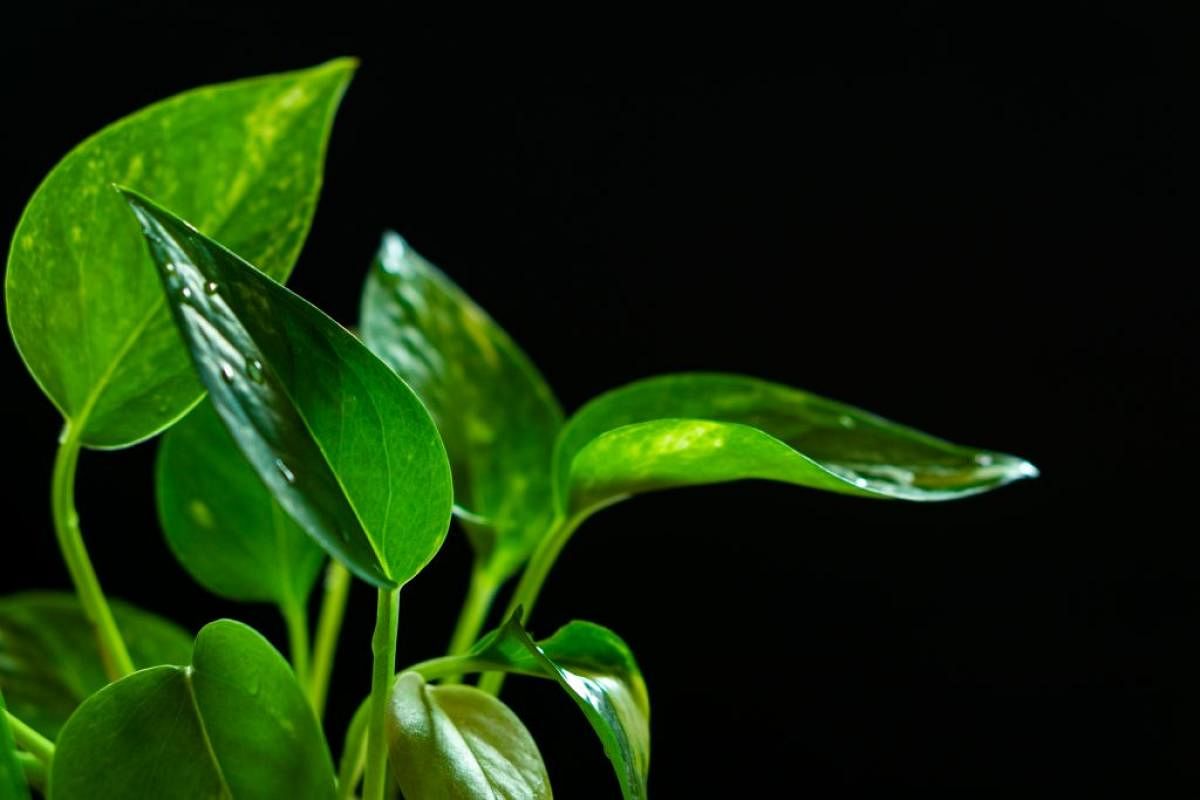If everything goes as planned by Neoplants, a Paris-based startup, Epipremnum aureum, the ubiquitous house plant fondly called “money plant” in India, could grow inside many more urban houses. While making money for Neoplants, it may be cleaning the air inside houses. Neoplants is planning to launch a genetically modified Epipremnum aureum that can absorb ‘volatile organic compounds’ in the air, and thus clean up the urban air of petrochemical pollutants.
Organic chemicals such as formaldehyde, benzene, toluene and hexane that can easily vaporise and form tiny droplets that stay suspended in air are called volatile organic compounds. They are generally responsible for most of the indoor urban pollution and the smog that envelops cities during winter. Particles from paints, adhesives and other chemicals are also suspected to cause breathing disorders and cancer.
Indoor plants help in freeing the air from these volatile compounds. “Money plant” is favoured for indoor air purification because it can grow easily indoors, needs little moisture, and can use highly polluted water to grow.
Money plants’ abilities to absorb formaldehyde were already known. In fact, a year ago, researchers from New Delhi’s Amity University had shown that both the money plant and Canna, another popular indoor plant, can reduce the fluoride content from dirty water.
Neoplant aims to make plants more efficient through genetic modification. Using a technology where new genes that can either suppress or enhance the activity of known genes can be added, the formaldehyde digestion process has been tweaked. The genetically modified plant can convert formaldehyde, benzene and toluene to fructose, a sugar that is also a food for plants to grow.
The firm brands the GM plant as NeoP1 and is planning to sell it along with Powerdrops, a concoction of bacteria - Methylobacterium extorquens and Pseudomonas putida - that especially survive feeding on the toxic formaldehyde or benzene. Replenishing the plants with Powerdrops once in a month to the soil adds to the cleaning effect, the firm claims.
Does it work? No one knows. Laboratory tests have shown that plants can absorb formaldehyde, toluene and benzene, and together with the bacteria can remove some of the volatiles. The “air purifying” money plant will be on the market soon, reports Genetic and Bioengineering News. The firm supplies the plant with a self-watering stand.
- Kollegal Sharma
